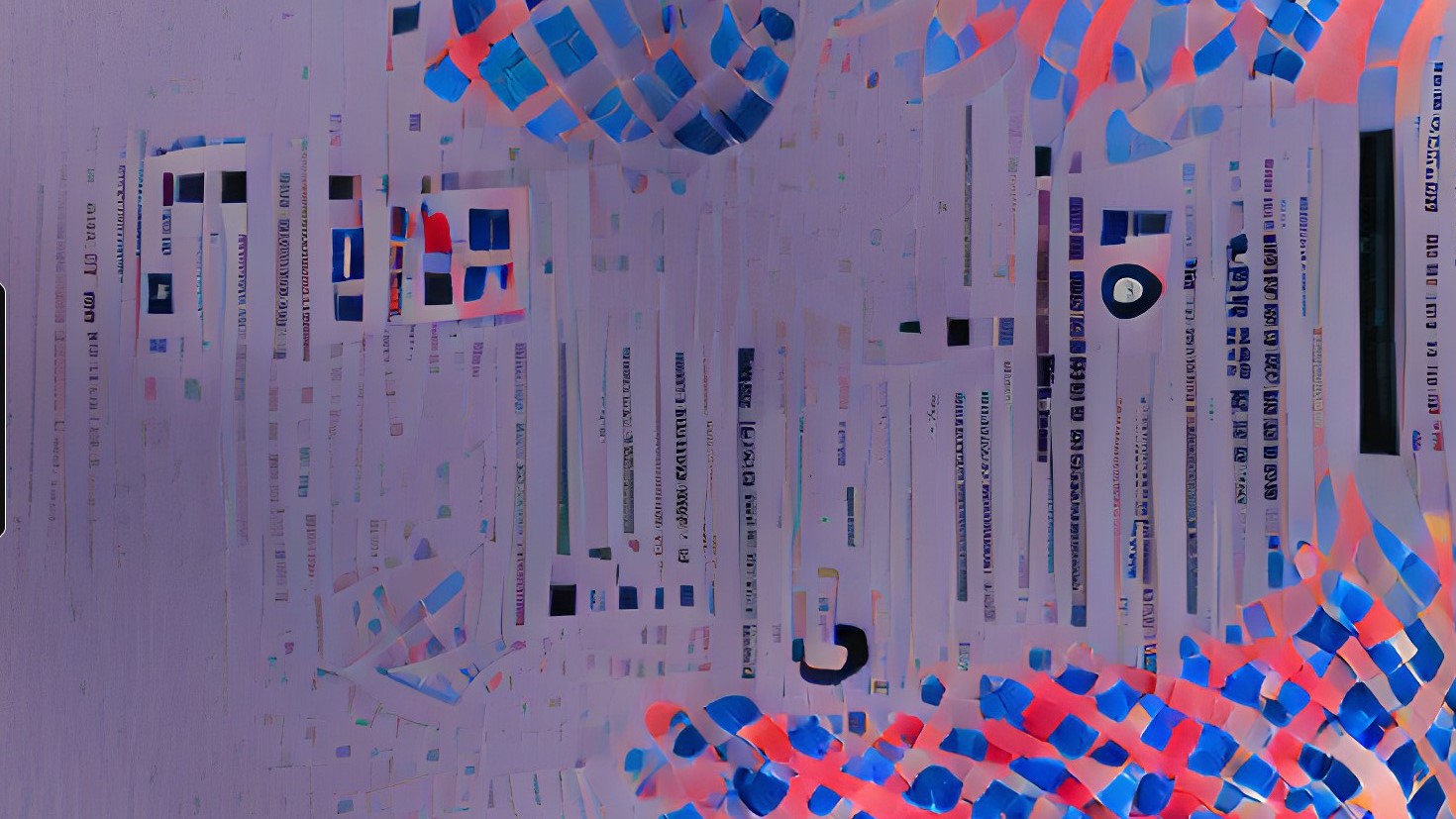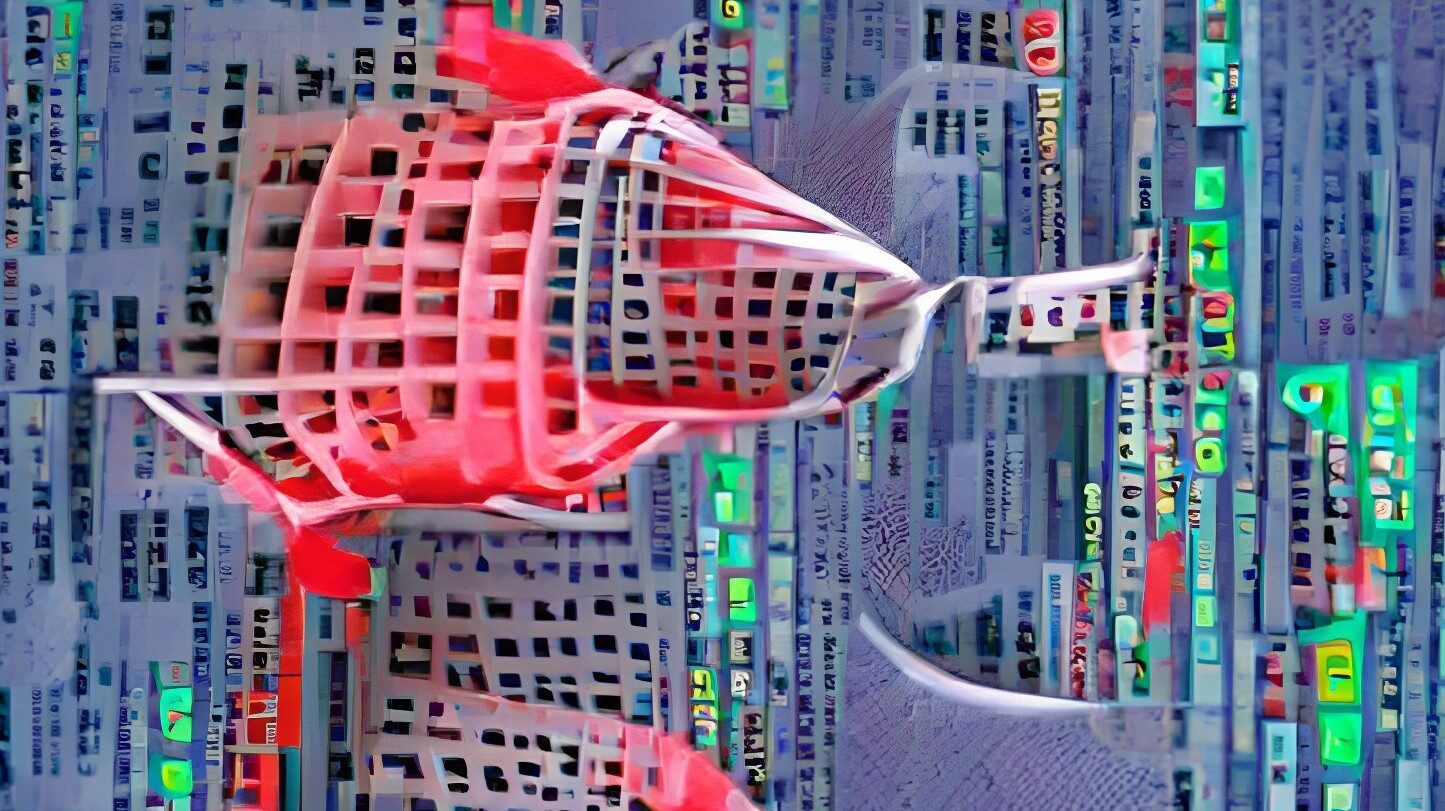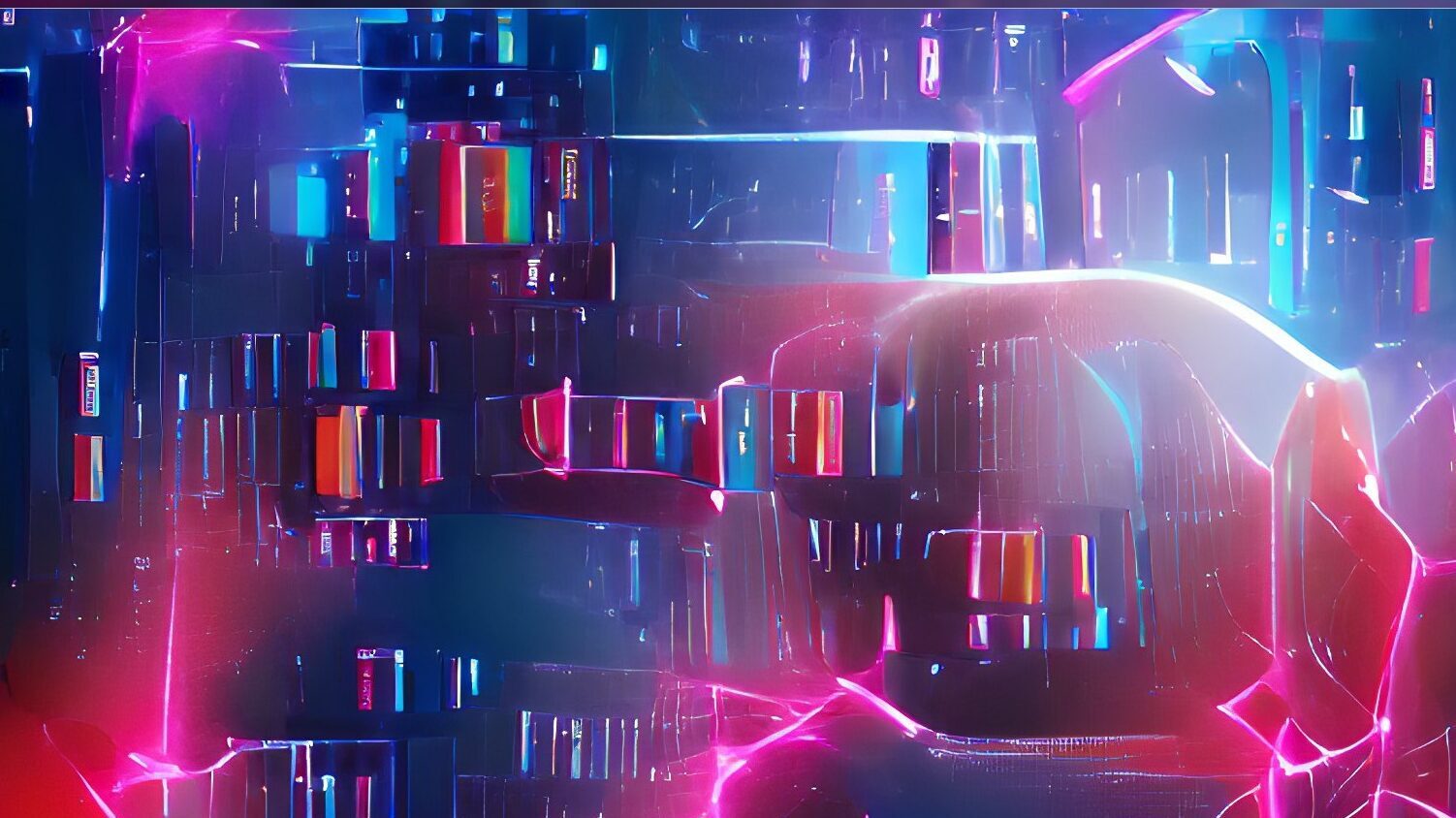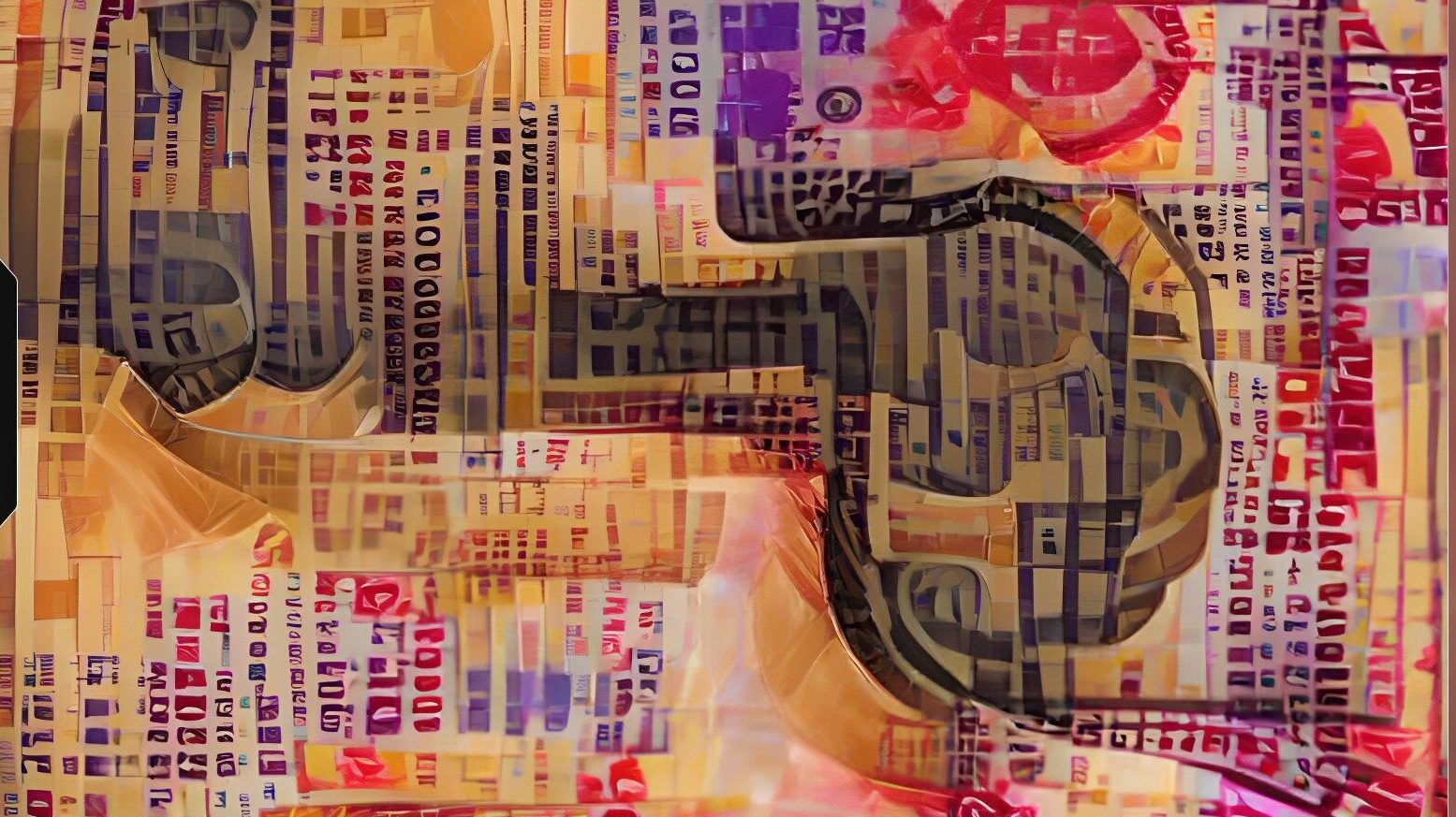
Decentralized Systems, Government & Economy
In 2022, some predict that Web3 will revolutionize society and usher in greater social and economic equity. Others challenge that without regulatory mechanisms, Web3 will perpetuate existing disparities.
What exactly do we mean by Web3? When the internet began just three decades ago, users consumed content produced by a few. Developers built and deployed applications and data was stored centrally, in a single database. In the mid-2000s, the web became more interactive and social. This evolution, known as Web2, allowed users to create, share, and interact with content on platforms create and controlled by large corporations. But users had little control over how personal data was collected or stored by the companies in charge of these platforms.
Web3 describes the latest evolution of the internet in which centralized systems are replaced by the blockchain and decentralized networks of many peer-to-peer nodes. Power is distributed and self-governing in decentralized networks, and participants are incentivized to compete to ensure stability and security.
Throughout the semester, MBA students grappled with questions including, what commercial opportunities does Web3 offer as it continues to develop? What social opportunities and risks does Web3 present? Read the insights, analyses, and predictions students made for the Class NFT about how decentralized networks would impact the government and the economy in the posts below.
Blockchain-Integrated Voting Will Improve Democratic Outcomes Worldwide
Confidence and satisfaction in democracies is waning worldwide according to a report published by the University of Cambridge’s Centre for the Future of Democracy.
Continue Reading Blockchain-Integrated Voting Will Improve Democratic Outcomes Worldwide
By 2032, Women Will Own Less Than 10% of All Crypto, Which Significantly Exacerbate The Gender Wealth Gap
Unless conscious efforts are made to address the investment gap which already exists in crypto, women will be left out and this absence will not only perpetuate but actually exacerbate the gender wealth gap.
DAOs for Scientific Development, from Literature To Fund-Raising
The world of scientific discovery and development is very much stuck in the past, with very little transparency in a field that would require information sharing to build knowledge on top of existing knowledge.
Continue Reading DAOs for Scientific Development, from Literature To Fund-Raising
DAOs Will End the Era of Traditional Governments
This latest generation of the web has introduced blockchain, a distributed immutable ledger, and smart contracts, public, auditable code run on a distributed global computer.
Continue Reading DAOs Will End the Era of Traditional Governments
Governments of Developing Countries Will Utilize AI & Blockchain To Curb Corruption & Build Sustainable Economic Models
The famous Yuval Harari in an article written in 2018, made a point that humans will “feel” irrelevant in the future as they may have a hard time understanding the technologies that will surround them.
The Convergence Between Developed & Developing Economies Will Be Accelerated by Blockchain Technology
One of the theories for why some countries continue to be economically prosperous while others remain poor is the World systems theory.
Web3 is a Giant Bubble Just like the Dotcom Bubble
While there are real use cases for deploying blockchain technology and for reforming the current internet system, these investments have more to do with speculation than anything else.
Continue Reading Web3 is a Giant Bubble Just like the Dotcom Bubble
Web3: Today’s Techno-Capitalist Feudalism Magnified
Web3 touts a decentralized future for the internet, with users as owners, where power is transferred back to the community and away from the current guard. But just because we could potentially do this, doesn’t mean it will happen.
Continue Reading Web3: Today’s Techno-Capitalist Feudalism Magnified






